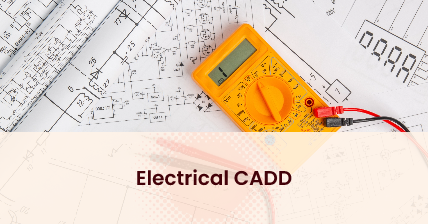OverseasStudent Value-AddsLocate UsStudents PlacedShop +91 7825842584(Weekdays 10 AM to 6 PM) Student Login
+91 7825842584(Weekdays 10 AM to 6 PM) Student Login
Electrical CADD
Electrical engineering is a tech-oriented industry. It involves designing of a wide range of components, devices, and systems - from tiny microchips to huge generators of power stations, using Electrical Computer Aided Drafting and Design software.
Enquire Now
Core competencies / Key processes
Electrical engineers are engaged in the following design and testing processes:
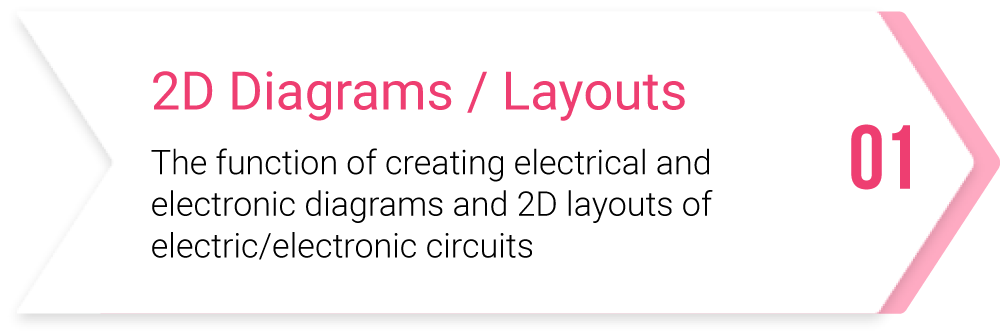
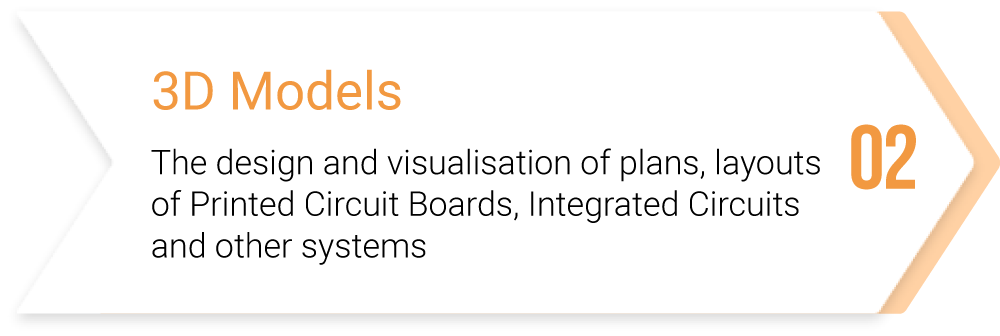
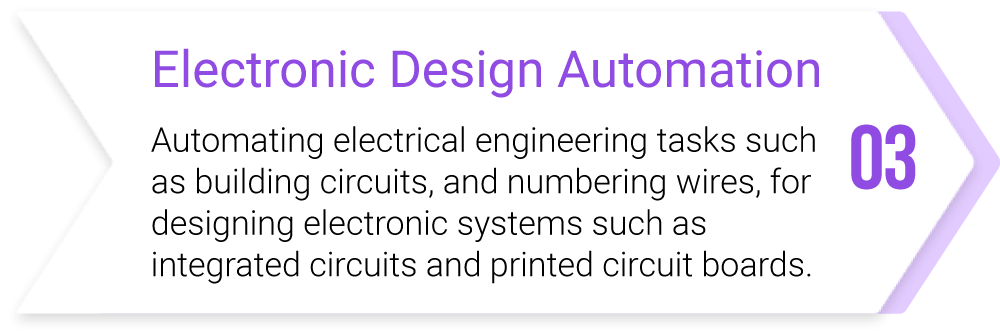
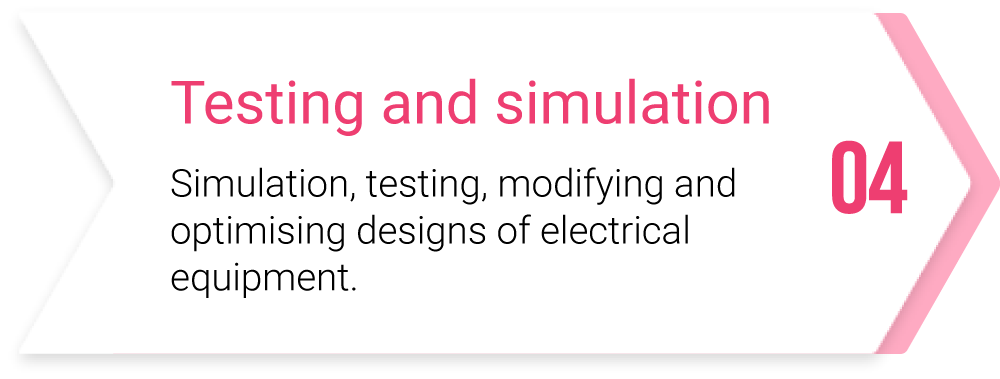
Popular CAD / IT / PPM tools
To excel as an electrical engineer it is inevitable for a student/professional to master the following CAD, programming languages, and project management:

CAD tools
CAD is widely used in every stage of designing and developing electrical products. Following are the key CAD tools used in electrical design:

Programmable Logic Controllers
A graphical diagram based programming language that is made up of both hardware and software components. The most common programming languages used for PLCs are:

Project Planning & Management
Project management in electrical engineering is concerned with planning, controlling, and completing design and development projects while meeting the time, cost, and quality goals. Among the popular PPM software used by electrical engineers include:
Courses Offered
CADD Centre offers hundreds of courses for electrical engineers under the following categories:

Proficient Certificate

Duration
:80Hrs
The courses offered under the Proficient category helps students learn all the features of a particular CAD software that are used for different applications.

Masters Certificate

Duration
:160Hrs
Imparting mastery in two or more different CAD software (standalone and even competing software) is the objective of the courses offered in this category. The ultimate objective is to help students gain productivity in a particular function.

